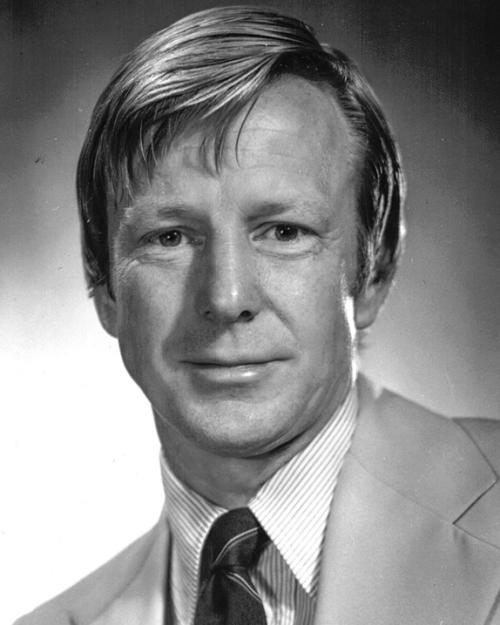Daniel A. Baugh, professor emeritus of history, died Feb. 9 at his home in Williamsburg, Virginia. He was 92.
Baugh was an historian of British history who specialized in 18th century maritime, naval and geopolitical issues. He was considered the definitive historian of British naval administration.
Colleagues and former students remember him for the breadth and depth of his expertise, his kindness and for his lasting contributions to the contemporary understanding of British seafaring history.
“Dan Baugh was a giant in the field of British naval and maritime history in the long 18th century,” said Robert Travers, professor of history (A&S). “He was unfailingly generous to younger colleagues like myself and loved to chat about the joys and challenges of historical research. A naturally modest man, he was an inspiring example of scholarly dedication and perseverance.”
“Our fields in early modern Anglo-American history adjoined each other, and I always enjoyed our scholarly interactions,” said Mary Beth Norton, the Mary Donlon Alger Professor of American History Emerita and Stephen H. Weiss Presidential Fellow in history. “He and his wife hosted memorable holiday parties I recall with great pleasure, for he played the piano and everyone sang.”
James Vaughn ’00, a member of the history faculty at the University of Chicago, said his thinking has been profoundly impacted by Baugh’s insights and publications.
“Dan’s scholarship fundamentally reshaped our understanding of the 18th-century British state and its overseas ambitions. All students of geopolitical, imperial and naval history are in his debt,” said Vaughn. “I could not have asked for a better mentor.”
Rachel Weil, professor of history (A&S) said Baugh will be remembered in the department as a gentle man who did his best to be kind.
“His scholarship was meticulous and deep. His contributions, including his influential article on Britain’s unique ‘blue-water’ approach to security and his magisterial one-volume global history of the Seven Years War, will continue to be appreciated by historians of Britain, the 18th century and Empire for many years to come.”
Baugh wrote two major books: “British Naval Administration in the Age of Walpole” (1965) and “The Global Seven Years War: 1754-1763: Britain and France in a Great Power Contest” (2011), which Travers describes as Baugh’s magnum opus.
“This remarkable book was the product of a lifetime of research in British and French archives, and expertly assessed the political, strategic, financial and logistical causes of Britain’s emergence as a dominant imperial and naval power from Quebec to Bengal,” Travers said.
Baugh was the recipient of a Social Science Research Council Grant; a National Endowment for the Humanities fellowship; and a fellowship at the Shelby Cullom Davis Center at Princeton University.
In 2011, Baugh received the prestigious Caird Medal from the National Maritime Museum at Greenwich, England, which recognizes distinguished scholars of maritime history.
Baugh was born in 1931 in Philadelphia and grew up within walking distance of the University of Pennsylvania. He received both his bachelor’s degree (Class of 1953) and his master’s degree from Penn.
In 1954, he was commissioned into the United States Navy and served three years on the destroyer USS Wilkinson, rising to the rank of lieutenant. He received his Ph.D. in 1961 from the University of Cambridge in England.
He joined the history department at Princeton in 1961, then moved eight years later to Cornell, where he continued to teach British history until his retirement in 1998.
Baugh is survived by his wife of 69 years, three children, 10 grandchildren and four great-grandchildren.




